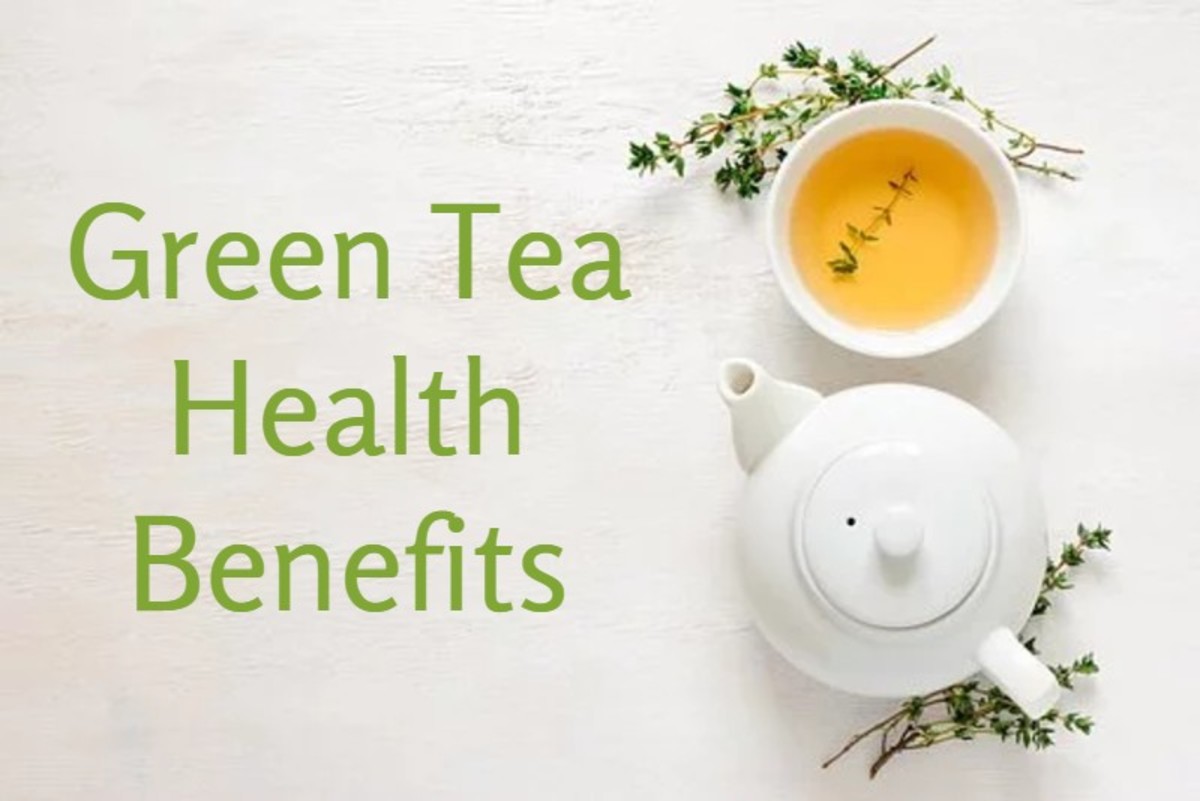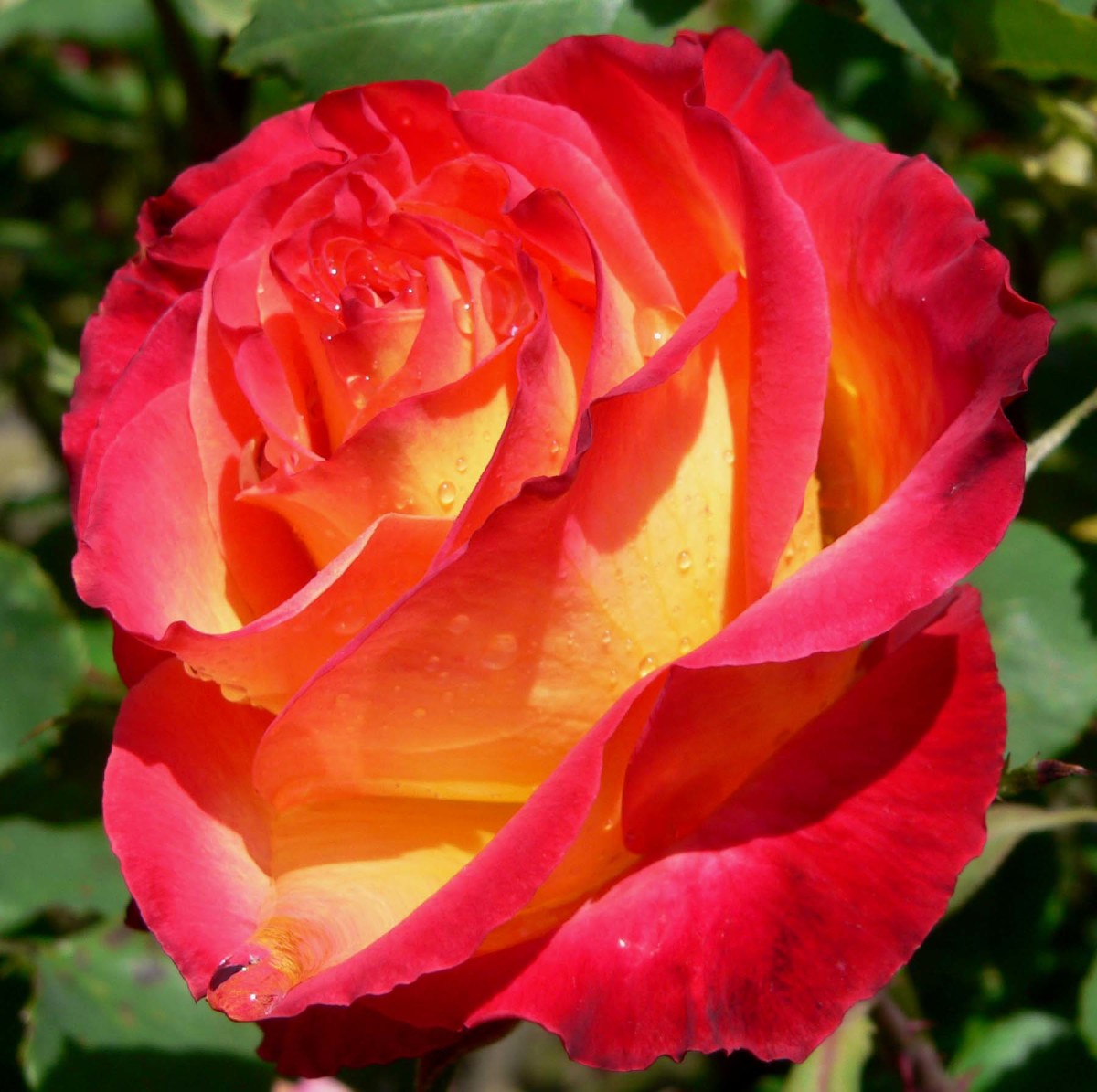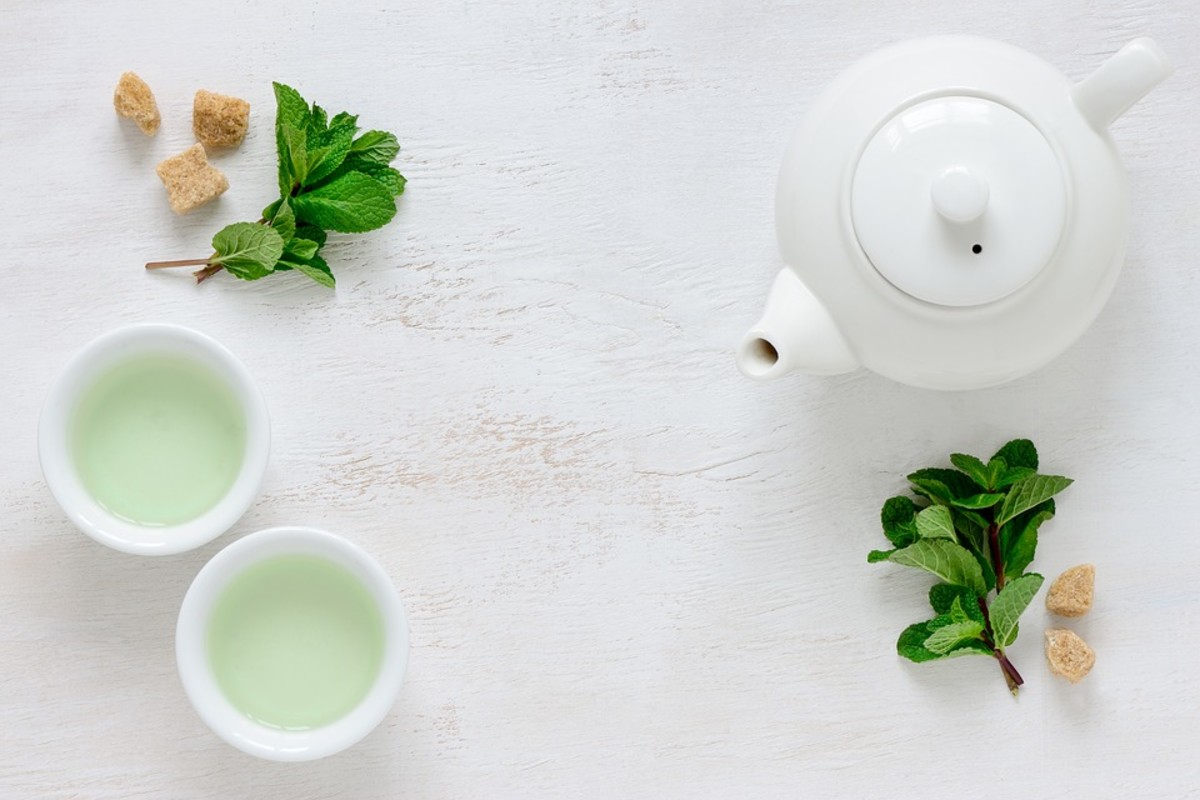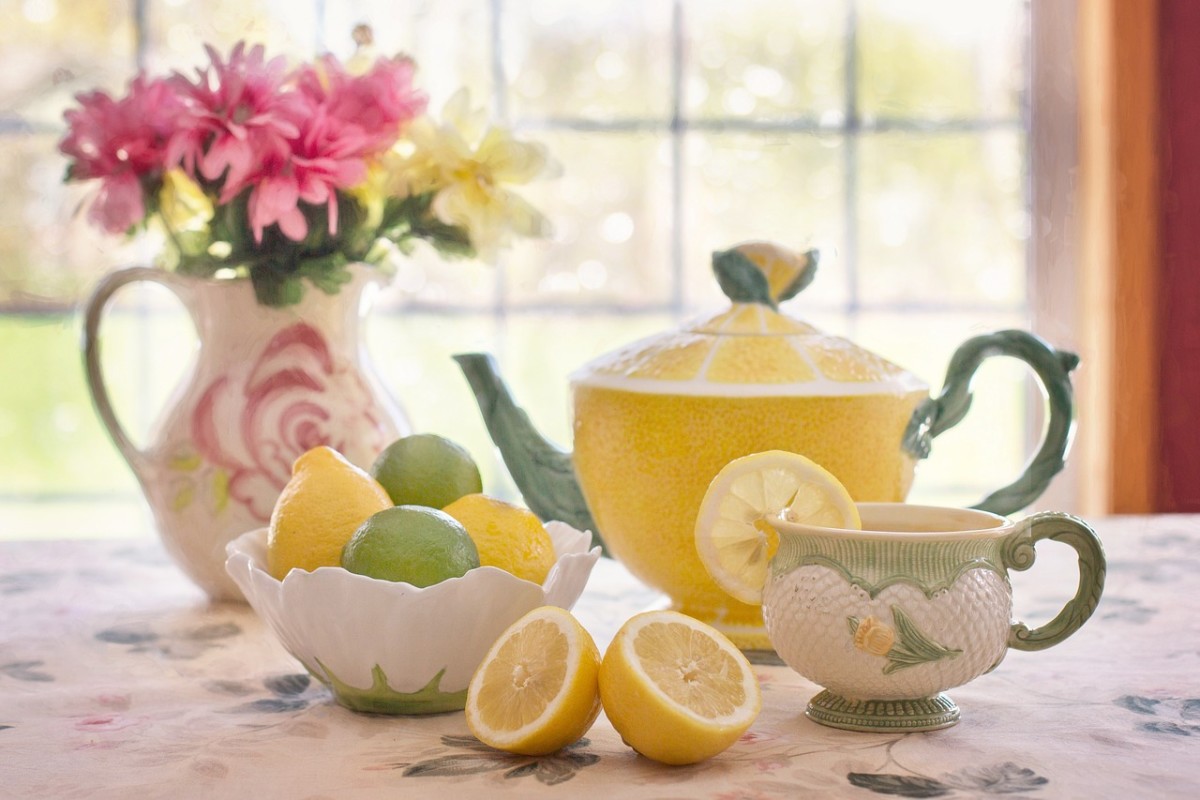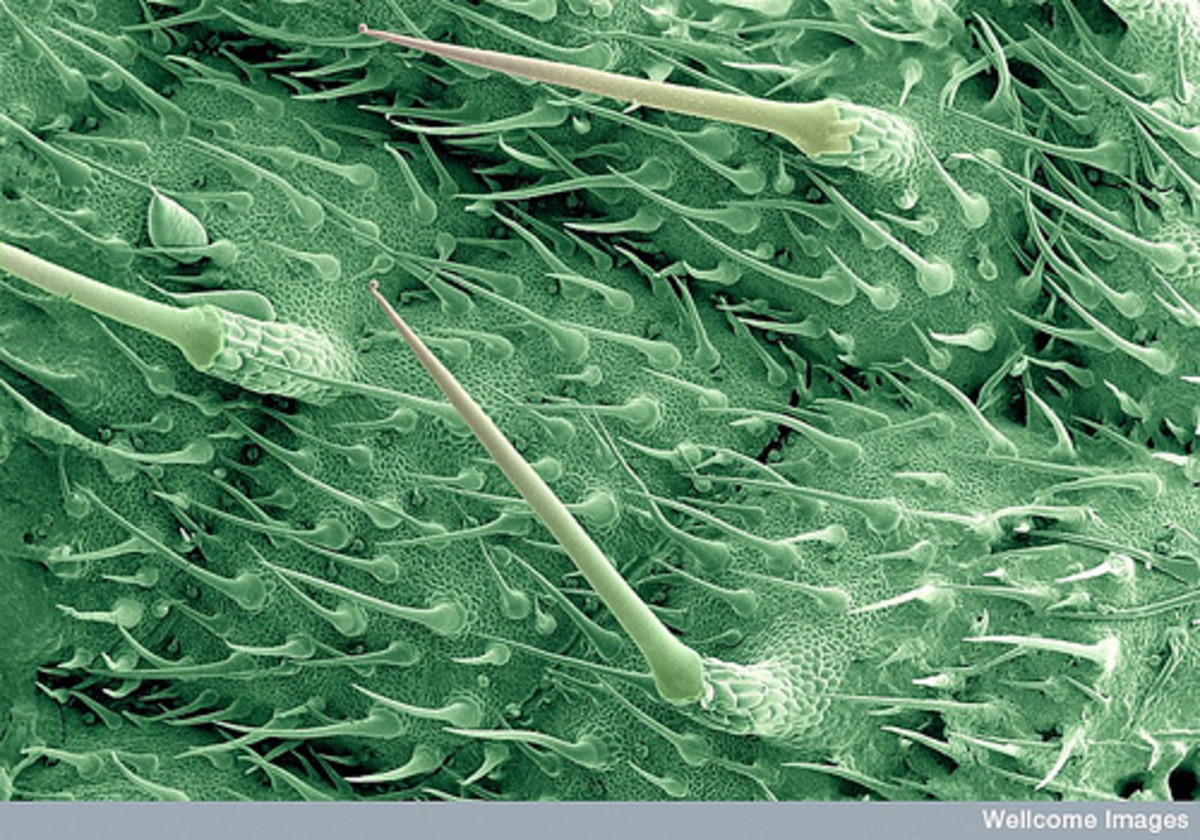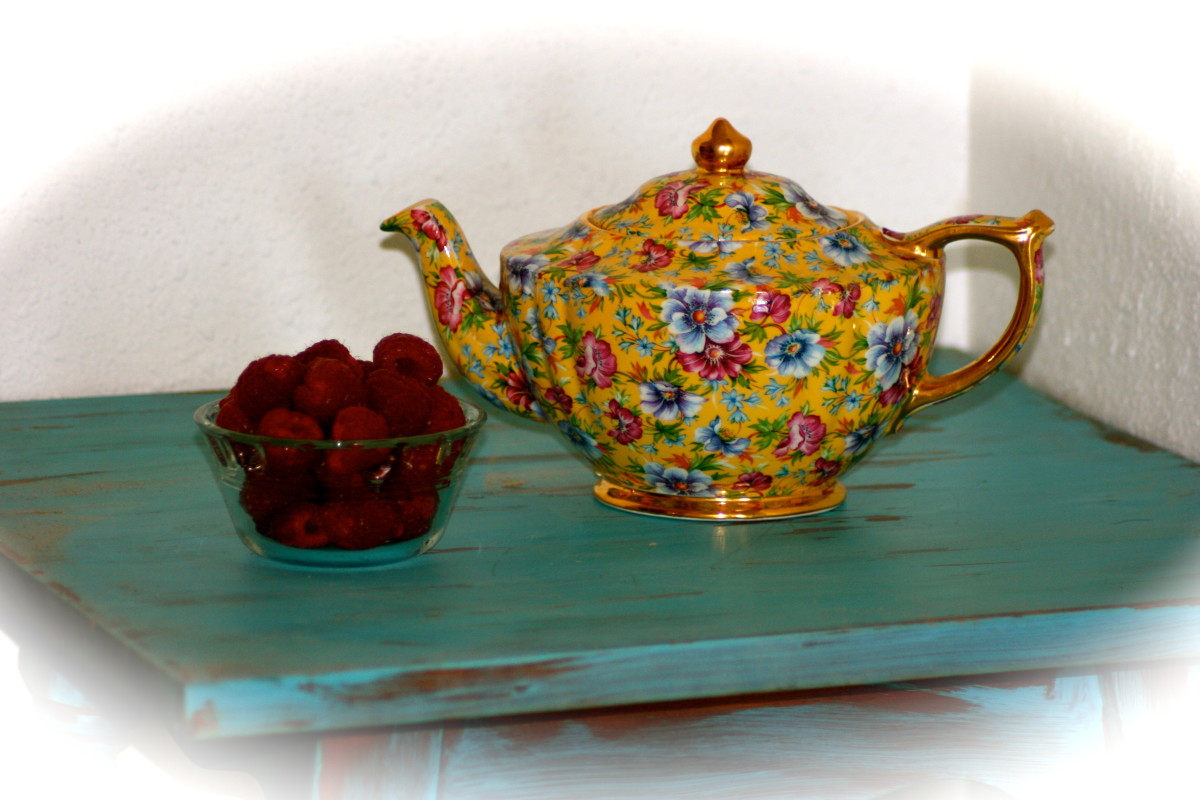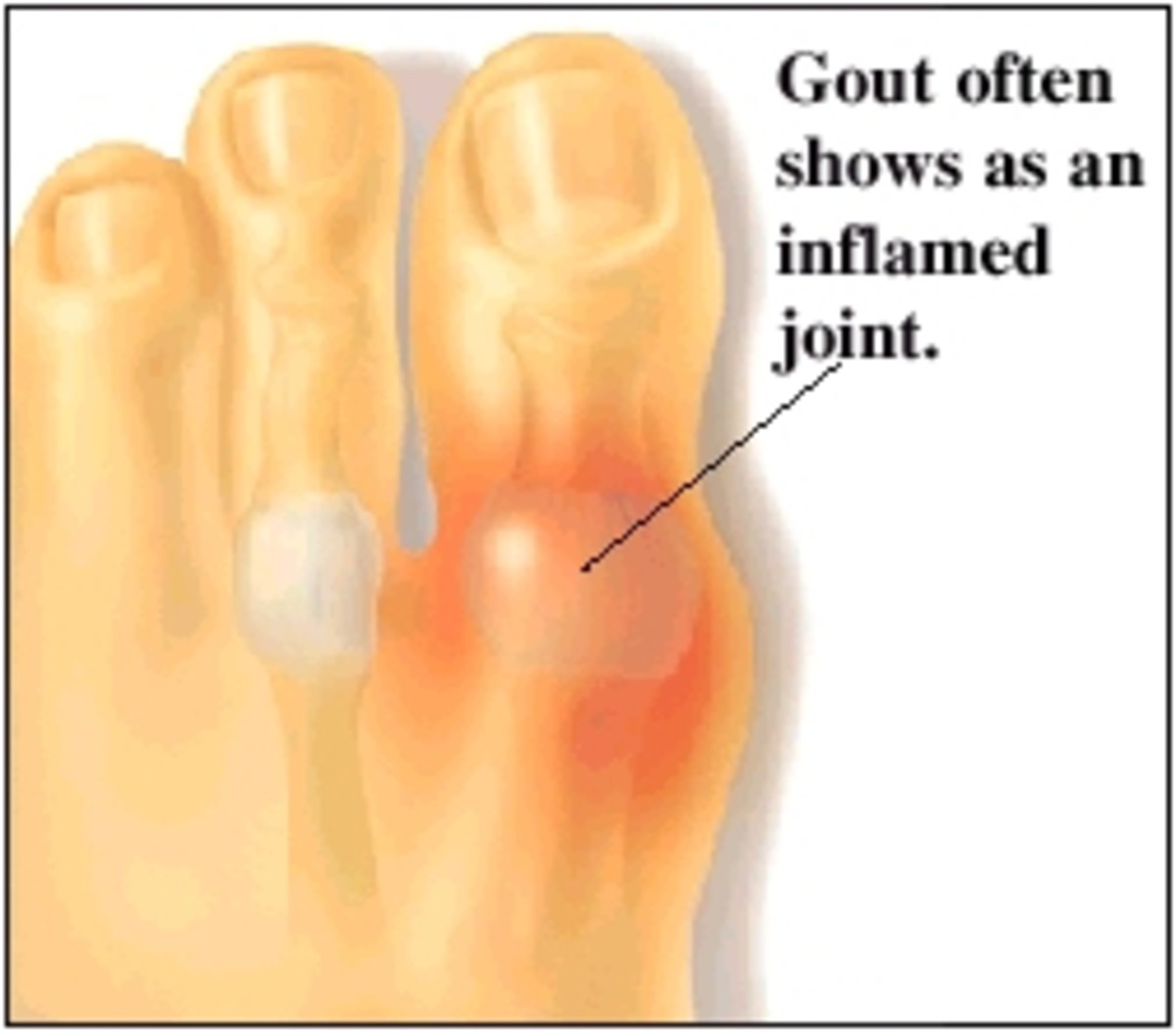- HubPages»
- Health»
- Alternative & Natural Medicine»
- Herbal Remedies
Health Benefits of Nettle Leaf Tea
In the search for a more natural lifestyle many people turn to herbal teas and remedies to replace pharmaceutical treatments of minor ailments. Nettle leaf tea, or stinging nettle leaf tea, as it is often known, has been used for hundreds of years for a variety of maladies, and is enjoying a resurgence as a natural and therapeutic tea. Nettle tea health benefits are many; unlike some herbal teas the ingredients are free and easy to find as stinging nettles grow wild across North America and most of Europe.
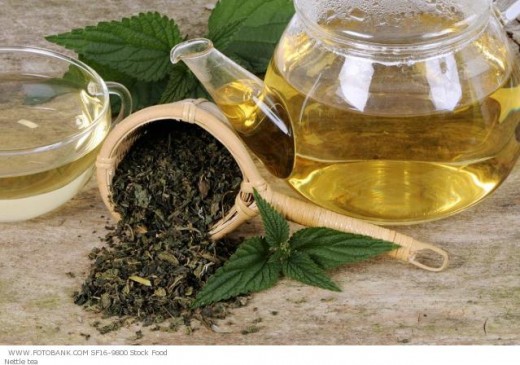
What is Nettle?
Nettles are a member of the genus Urtica, which contains about 50 species of annuals and perennials. Nettles grow wild throughout much of the world and thrive especially well in human-cultivated soils of cities and suburbs. Almost everyone who has been out for a walk or a play in a park or wooded area has come across stinging nettles; they are tall, bushy plants with bristly, stinging hairs on their stalks. The health benefits of nettle tea have been enjoyed for thousands of years, and the prickly herb even shows up in ancient literature - "What could be more odious than nettles?" Pliny the Elder asked around 50 AD. While the whole plant can be used, it is the leaf which is dried and used medicinally to make nettle leaf tea.
Nutritional Benefits of Nettle Leaf Tea
Some of the vitamins and minerals found in nettle tea:
- Vitamins A, C, B2 E and K
- Iron
- Indoles (histamine and serotonin)
- Chlorophyll
- Calcium
- Magnesium
- Folate
- Potassium
- Zinc
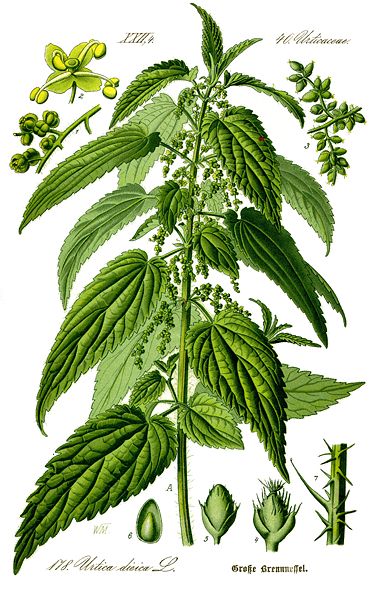
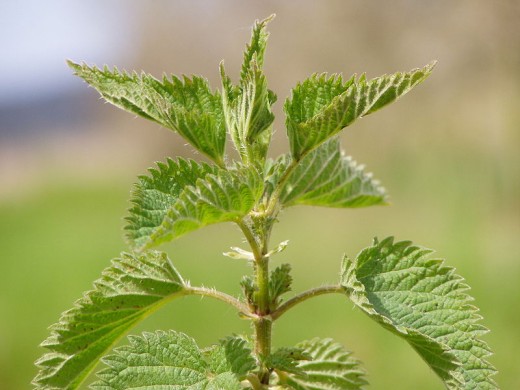
Medicinal Benefits of Nettle Leaf Tea
Nettle tea has a bland flavor when brewed, and is sometimes added to Indian teas as a tonic, or combined with fennel for a more flavorful taste. The health benefits of nettle tea has been recommended for the following conditions:
- anemia
- hemorrhage (often given to mothers immediately after pregnancy and childbirth as a tonic for bleeding from the uterus)
- excessive menstruation
- for strength during pregnancy (CAUTION: please consult with your midwife or healthcare practitioner prior to drinking nettle tea if you are pregnant.)
- hemorrhoids
- diabetes
- urinary infections
- arthritis
- rheumatism
- gout
- diarrhea
- eczema, acne and other skin conditions
Stinging nettle tea can also be used externally for the following:
- arthritic pain
- gout
- sciatica
- neuralgia
- hemorrhoids
- scalp and hair problems - use cooled nettle tea as a rinse to help with dry scalp and dandruff. Nettles have mild astringent properties so you will feel a slight tingling.
- burns
- insect bites
- nosebleeds - pour some cooled nettle tea onto a cloth and hold in nostril.
How to Make Nettle Tea
Nettle tea is easy to buy online or from a health food store. It is also very easy to make yourself. If you are interested in making your own nettle tea, begin by picking or harvesting your nettles. Be sure to wear a long sleeve top and gloves as the plants are very irritating to the skin. At the beginning of summer just as flowering is beginning, use a small set of clippers and cut the plants down as close to the ground as you can. Tie the branches together at the bottom, and hang in a cool dry place. Check every week - once the plants feel brittle to the touch strip the leaves. Store them in a dark glass jar until ready to use to make your nettle tea.
Recipe for Nettle Tea
Directions: Boil water and warm a teapot. Place the dried nettle leaves in the bottom of the pot using 1 and 1/2 teaspoons for each cup of boiling water. Pour the water over the leaves and cover immediately with the lid. Allow the tea to steep for eight to 10 minutes, then pour through a sieve if desired. That's it! Add a little honey to sweeten it if you like.
Caution: Don't drink more than two cups of nettle tea a day without consulting your herbalist or naturopath.


